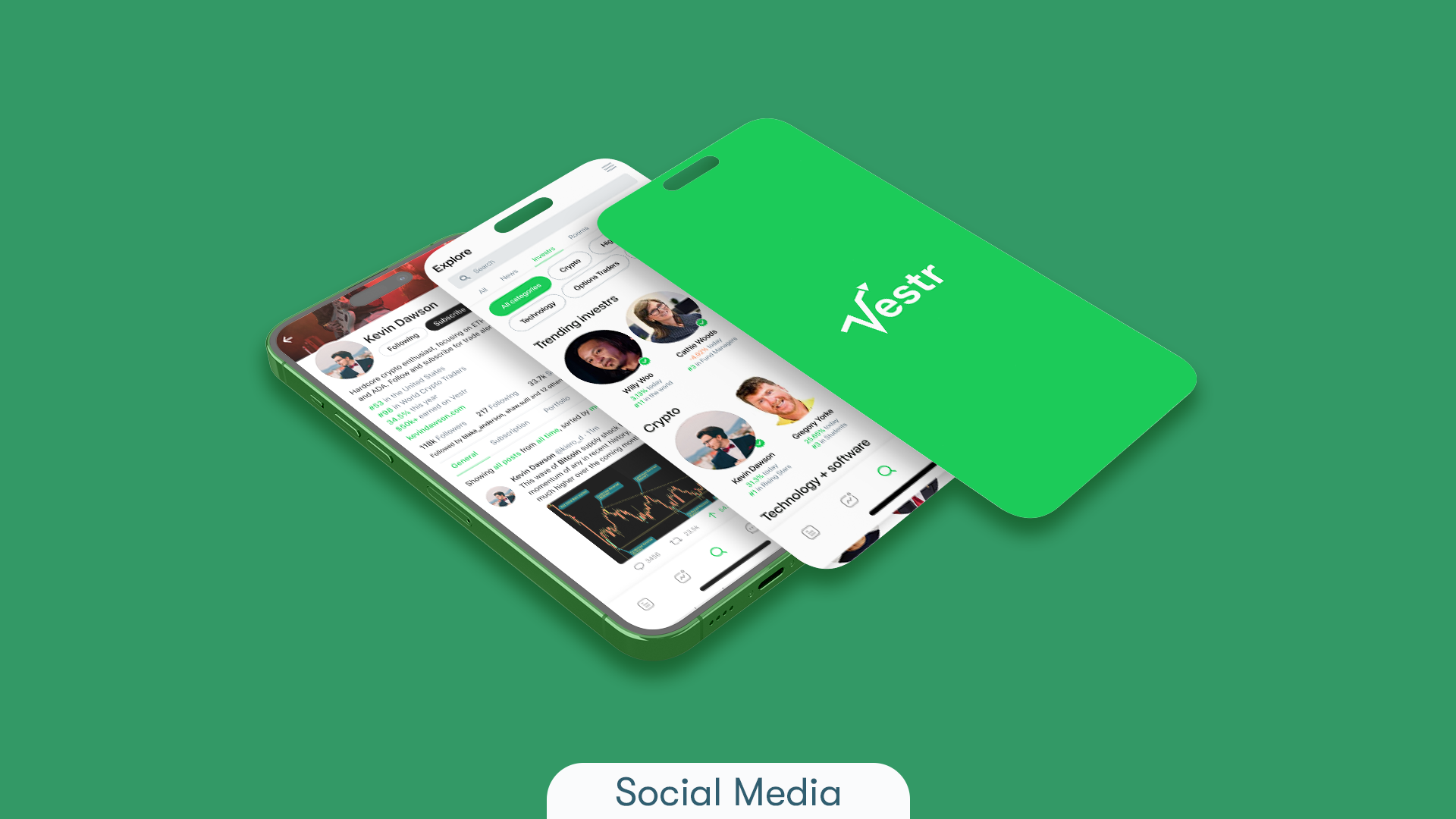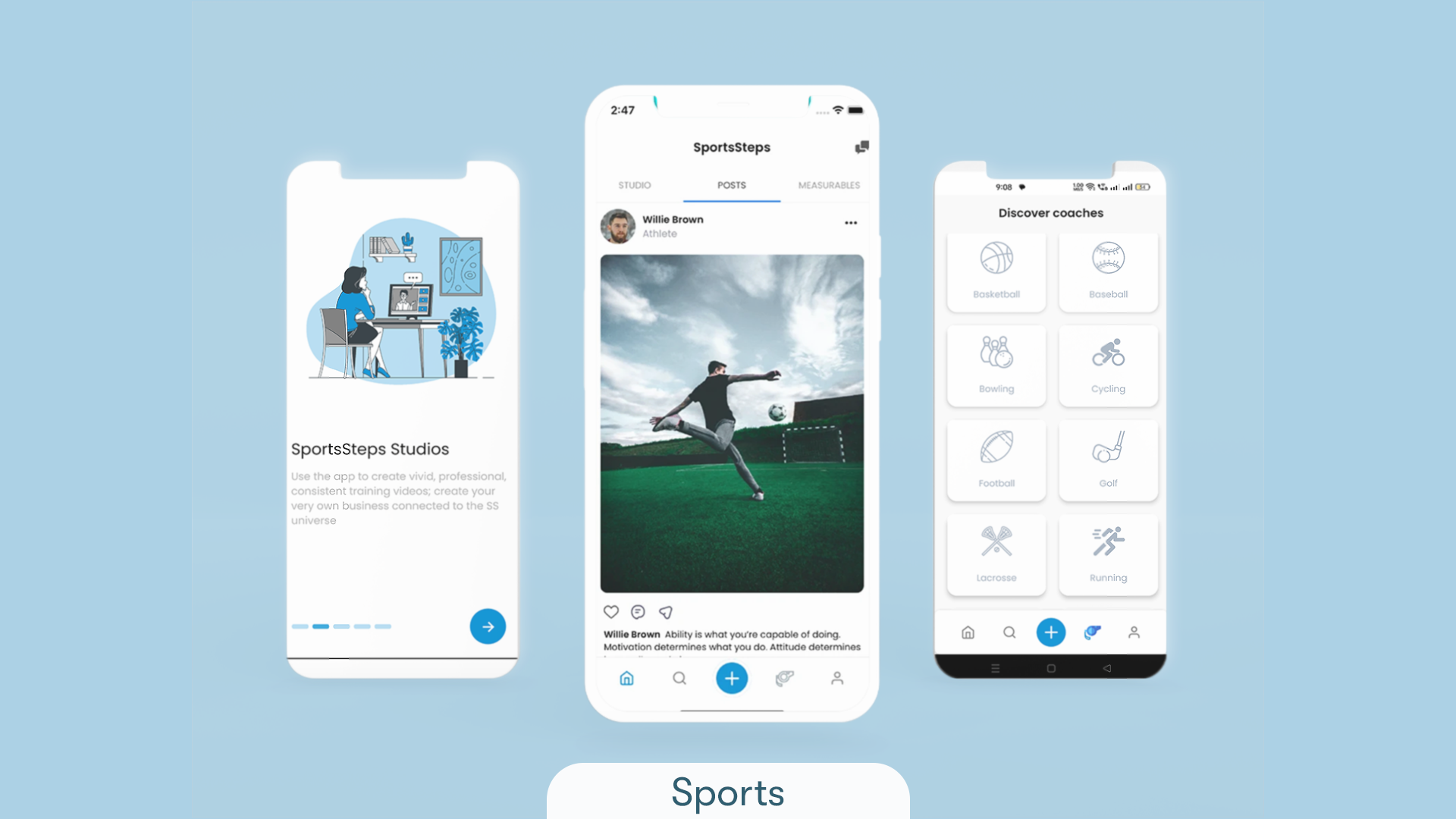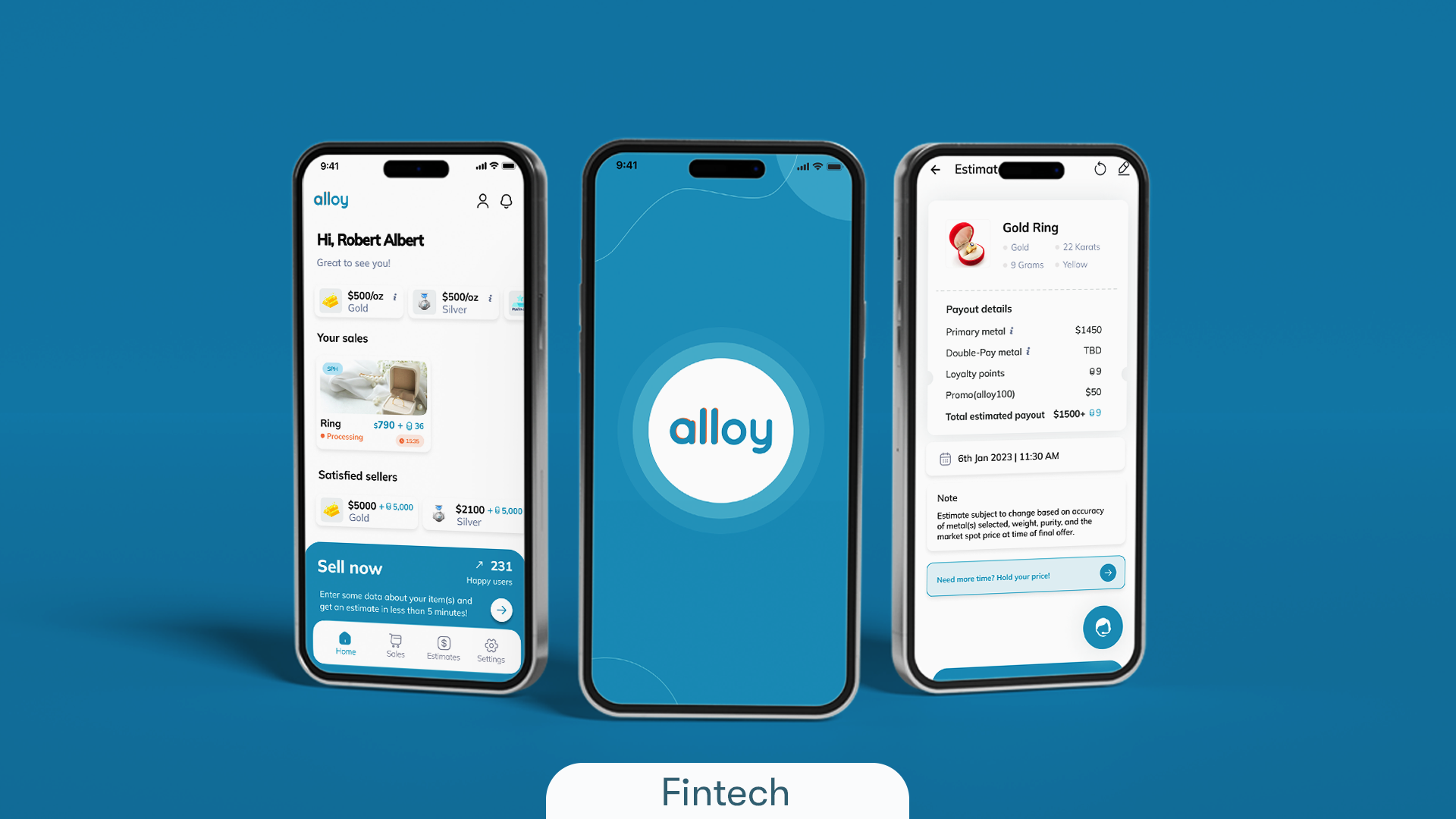June 11th, 2025 at 12:46 pm
Key Benefits of App Development for Real Estate Industry
In a market where convenience and speed drive decision-making, having a dedicated mobile app is no longer optional for real estate businesses—it’s essential. Whether you’re a real estate agency, property developer, or landlord, a mobile app serves as a powerful bridge between you and your clients, offering quick, streamlined access to your listings and services.
Mobile apps not only increase your visibility but also help build trust and enhance your brand’s reputation. They allow clients to explore properties, schedule viewings, and handle documentation on their own time, from anywhere. For today’s tech-savvy buyers and renters, this level of on-demand service isn’t just appreciated—it’s expected.
Key Benefits:
- Increased Accessibility: Clients can search, filter, and view properties 24/7 from their smartphones, eliminating the need to wait for office hours or desktop browsing.
- Enhanced Brand Trust: A well-designed app signals credibility, professionalism, and forward-thinking service. It’s a digital storefront that adds legitimacy to your real estate business.
- Real-Time Notifications: Push notifications keep users informed of new listings, price drops, scheduled visits, and exclusive deals, creating urgency and engagement.
- Improved Client Engagement: Built-in messaging, document uploads, and calendar integration make it easy for clients to interact with agents and stay informed throughout the buying or renting process.
- Agent Efficiency: Mobile apps act as on-the-go CRMs, helping agents track leads, schedule showings, and manage client relationships in real time.
- Data-Driven Insights: App analytics provide actionable data to optimize listings, refine marketing campaigns, and improve user experience.
- Reduced Operational Costs: Automating routine tasks like appointment reminders, lead responses, and listing updates saves valuable time and resources.
Specific Use Cases of Real Estate Applications
Mobile apps in real estate serve multiple user segments—buyers, agents, developers, investors, and property managers—each with unique needs and functionality.
1. Buyer & Renter Portals
For buyers and renters, mobile apps simplify the property search journey. Features like GPS-enabled search, price range filters, neighborhood insights, and AR-supported virtual tours offer a powerful, immersive experience. Users can easily:
- Browse listings by location, budget, or amenities.
- Save favorite properties and receive instant alerts when prices drop or similar homes become available.
- Take 3D tours and explore detailed floor plans.
- Book appointments and chat with agents directly within the app.
2. Agent Tools
Agents benefit from productivity tools that help manage their workflow on the go. Through a mobile app, agents can:
- Create and update listings instantly with photos and descriptions.
- Track leads, follow up on inquiries, and set reminders.
- Use AI-based scoring to prioritize leads based on user behavior.
- Integrate calendars and messaging to streamline client interactions.
3. Developer Showcases
Property developers can leverage apps to:
- Display interactive brochures, 3D models, and promotional videos.
- Include EMI calculators, project timelines, and availability grids.
- Allow prospects to pre-register, reserve units, or participate in virtual launch events.
4. Property Management Apps
These apps cater to landlords and tenants by digitizing day-to-day tasks such as:
- Rent collection, maintenance requests, and lease renewals.
- Push notifications for rent reminders and service updates.
- Smart home integrations for climate control, lighting, and security.
5. Investment & Portfolio Tracking
For investors, real estate apps function as a personal dashboard to:
- View and track property performance metrics such as ROI and rental yield.
- Access ownership documentation and payment history.
- Receive alerts on new investment opportunities matching user preferences.
Future Trends of Real Estate App Development
Real estate apps are evolving rapidly, integrating cutting-edge technology to create smarter, more personalized experiences.
AI & Personalization
Artificial intelligence will power predictive search, personalized property suggestions, chatbot-driven customer support, and automated follow-ups, ensuring that users only see the listings most relevant to them.
Augmented & Virtual Reality (AR/VR)
AR and VR will become standard, enabling buyers to walk through properties virtually and envision interior design changes—all before setting foot onsite.
Blockchain Transactions
Apps will incorporate blockchain to enable smart contracts and digital ownership tracking. This ensures transparency, security, and instant transactions—reducing reliance on third-party services.
Green and Smart Features
Eco-conscious buyers will appreciate apps that spotlight energy-efficient properties. Smart home controls will be integrated, offering live access to lighting, HVAC systems, and utility tracking.
Progressive Web Apps (PWAs)
PWAs will make real estate platforms faster, more accessible, and cross-platform compatible—perfect for users on low-storage devices or limited networks.
Unified Ecosystems
The future is about creating a full-service platform that includes discovery, finance, contract signing, insurance, and maintenance—all within one seamless mobile experience.
Ready to take your real estate business to the next level with a custom mobile app? Contact us today to get started.
As the real estate industry becomes more data-driven and experience-centric, app development offers the foundation to attract, convert, and retain clients. A well-designed mobile app doesn’t just solve operational challenges—it opens the door to entirely new revenue streams and engagement models. Whether you’re selling luxury homes or managing rental portfolios, now is the time to invest in a platform that scales with your ambition.












